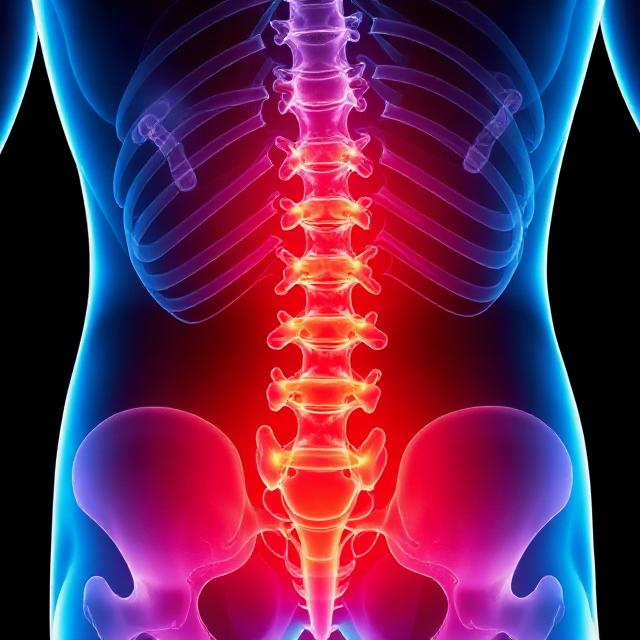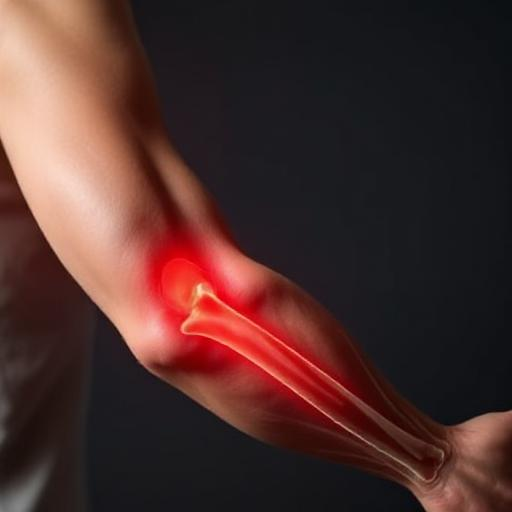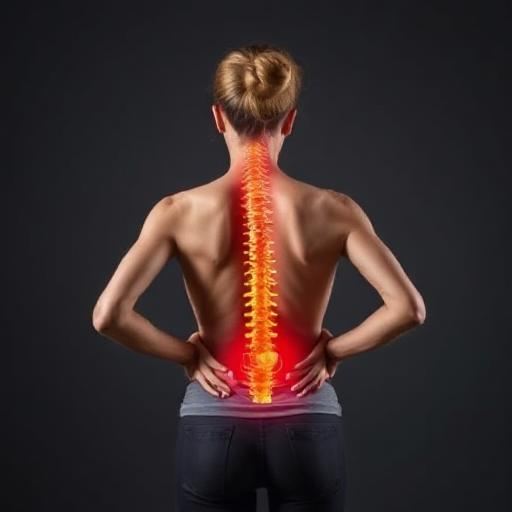How a Slipped Disc Affects Your Daily Life and Mobility


How a Slipped Disc Affects Your Daily Life and Mobility
Slipped Disc
Slipped disc is also known as bulging disc, herniated disc, or prolapsed disc. It occurs when the softer inner gel-like material (nucleus pulposes) of an intervertebral disc being compressed and pushed through the elastic outer layer. (annulus fibrosus) The common causes of a slipped disc are improper ergonomics, wrong lifting technique, aging, and trauma such as pratfall, MVA. Moreover, longstanding pelvis joint misalignment which puts extra physical stress on the spinal disc are also believed to predispose to slipped disc. Signs and symptoms of slipped disc often manifest as sharp pain, burning pain, pins and needles sensation, headache, dizziness, incontinence, erectile dysfunction etc.
Slipped disc can cause a variety of symptoms ranging from mild discomfort to severe neurological impairments and depending on the severity and the location of the condition. However, each symptom can have significant impact on our daily life activities.
First, the most common symptom of slipped disc is pain and discomfort. Depending on the location, if the slipped disc happened at the lumbar spine can cause localized lower back pain which will worsen even when sitting, standing, or walking. Due to the pain and discomfort, our mobility including bending, twisting can become painful and difficult. Additionally, when the slipped disc is bad enough to compress the sciatica nerve, it might cause symptoms of the reproductive organ such as incontinence, constipation, urinary retention and so on. Aside from that, numbness and tingling sensation, burning pain down the lower limbs might also present when the sciatica nerve was being compressed.
If the slipped disc occurred at the cervical spine, it could result in morning stiffness of the neck, headache, dizziness, limited range of motion, sharp pain at the neck, and most of the time the pain can worsen with movement. Besides, numbness and tingling sensation and muscle weakness of the upper limbs are also common to be seen in cervical slipped disc. In more severe cases, where the slipped disc compresses the spinal cord. Weakness can affect the upper limbs by performing fine motor skills, such as writing words, brushing teeth, or wearing shirts and shoes. Something worth noting is that spinal cord compression due to slipped disc at cervical spine can produce similar symptoms to those of a stroke, which is numbness along the half of the body. This can be quite concerning at times.
Conclusion
Given the wide-ranging effects of a slipped disc on pain, mobility, and even organ function, early diagnosis and appropriate management are crucial to prevent further complications. If left untreated, prolonged nerve compression can lead to nerve atrophy, resulting in permanent muscle weakness, loss of sensation, and diminished motor control, severely impacting overall quality of life.



